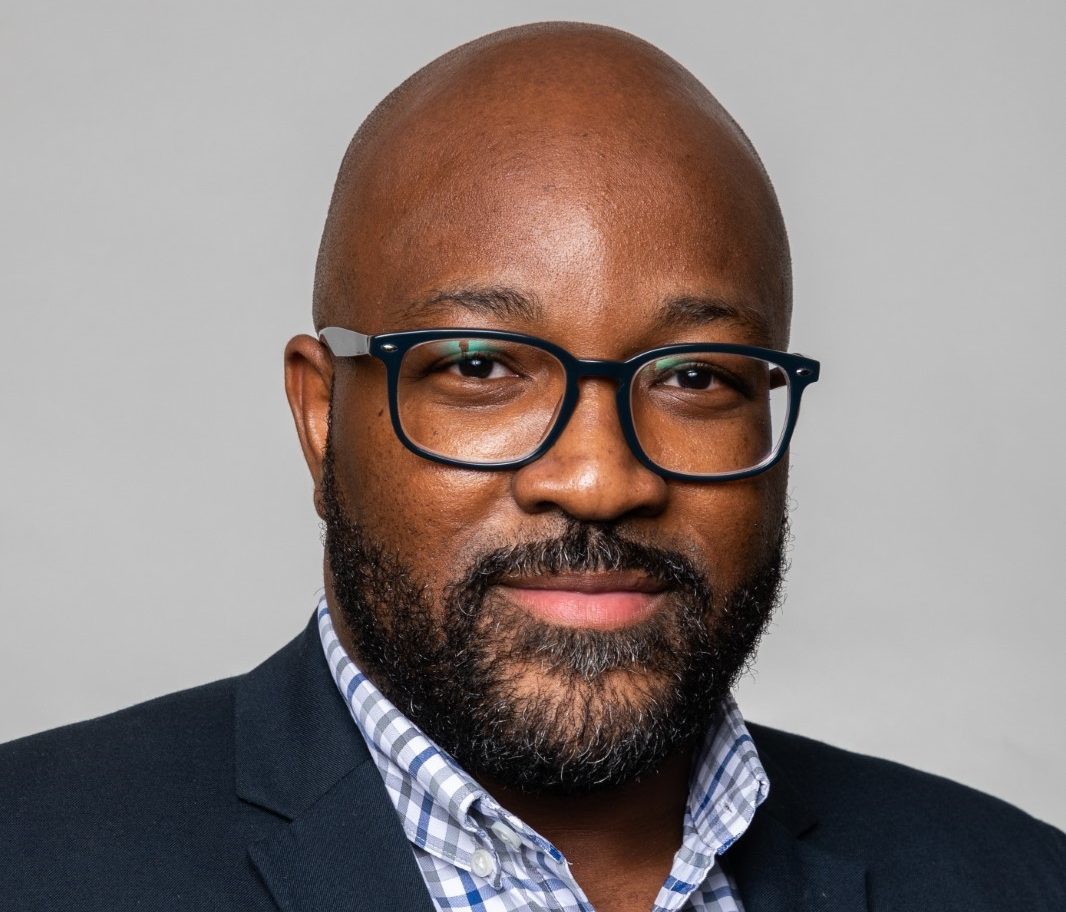Published on
Updated on

Jerron Johnson serves as executive director of the Missouri College Advising Corps (MCAC).
MCAC’s mission is to empower students to pursue higher education and achieve their academic and professional goals.
Johnson’s role is to ensure that college advisers are offering a dual approach to students by providing aspirational encouragement and crucial informational guidance.
He describes the role of MCAC advisers in delivering personalized support, including one-on-one advising sessions, workshops, college planning events and assistance with financial aid processes. The main goal is to show students that college is attainable.
Read on for a Q&A from Johnson.
What impact has MCAC made in Missouri?
Students advised by MCAC college advisers are 30% more likely to apply to at least one college; 27% more likely to submit the Free Application for Federal Student Aid (FAFSA), as well as apply for at least one scholarship; and 20% more likely to be accepted into a best fit post-secondary institution. On average, MCAC partner schools experience a 3.5% increase in overall college enrollment after the first year of partnership, a 4.02% increase in enrollment at four-year institutions by the second- and third-year partnership, and a 2.5% increase in enrollment in two-year institutions when the partnership extends beyond three years. For our college advisers, our program provides extensive professional development to prepare them for life after the Corp and their transition into the workforce.
We administer a survey to all graduating seniors at our partner high schools. One of the questions we ask is,” Who’s the most influential person in your decision to go to college?” Of course, parents are No. 1, but what typically falls as number two are college advisers. That’s even more than high school counselors, friends or other people in their lives that may influence their decision. To know that second to parents, our college advisers are influential in their decision is rewarding.
What does supporting students on the college journey look like within MCAC?
Supporting students is both aspirational and informational. Particularly for the students we serve, they often lack exposure to college, and the encouragement to attend a college. It is for advisers to help students and their families recognize that finding post-secondary pathways is an attainable goal.
The other part is the informational piece. Our advisers are there to help students gain the knowledge necessary to access postsecondary education opportunities and find resources that make it more affordable. A lot of the work is providing opportunities for students to research and explore a variety of college and career options, helping them research different institutions to identify which ones are the best fit, explaining what financial aid looks like, what on-campus supports look like and so on. We’re having all those conversations with our students to make sure that they’re making informed choices about where they will go after high school. Our advisers are explaining and walking students and their parents through these processes.
What is the role of advisers and what does it look like in practice?
Advisers play a critical role in schools by providing individualized college and career readiness support to students. They are responsible for implementing a set of service deliverables based on research identifying key indicators that increase the likelihood of prospective first-generation students enrolling in college. The hallmark of the program is one-on-one advising. We operate on a whole school model, so advisers are responsible for meeting with all high school seniors in their building as well as juniors. Additionally, there are deliverables that relate to our underclassmen because early awareness is important. Advisers create various workshops on college planning topics and plan college events such as FAFSA Frenzy and Decision Day, our signature spring event celebrating our students’ decisions.
How does MCAC support high school counselors?
College advisers spend 100% of their time doing something that high school counselors often lack the time and capacity to do. Counselors serve a critical role in schools and with behavioral and socio-emotional matters. So, MCAC college advisers expand their capacity to provide individualized advising specific to college and career readiness.
Explore these student stories as they share their unique experiences and insights as advisers in the Missouri College Advising Corps.
Read more from current advisers!
Andrea Brown: Empowering Students
Rachel Hughes: Instilling Confidence
Rabi Decatorsmith: Empowering Futures